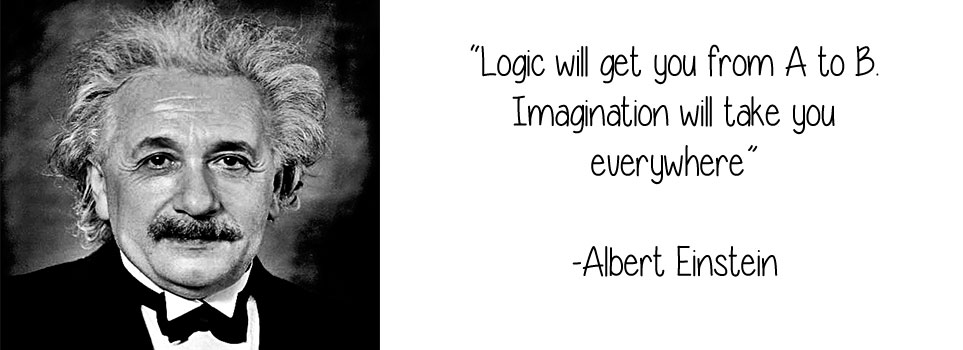While I consider myself to be a true connoisseur of logic, I have come to understand that logic is not synonymous with reason. To ensure that we are speaking the same language as we trudge this journey together, I believe it is important to expand on my perspective of the terms logic and reason.
Oxford Dictionary reason as: the power of the mind to think, understand, and form judgments by a process of logic; Whereas logic is defined as: Reasoning conducted or assessed according to strict principles of validity. If you didn’t catch the inherent issue here- I will explain. Every mind is capable of reason. As a matter of fact, it is this ability alone that many say separates humans from monkeys. However, not all reasoning is sound; in other words logical. Logic would better be defined as correct reasoning. For illustration purposes let’s take the following arguments as to illustrate how logic works:
Argument #1-
If all doctors are rich. (Proposition of Principle 1)
And if all men wearing white coats are doctors (Proposition of Principle 2)
Then all men wearing white coats are rich. (Conclusion)
The above was an example of how logic functions within an argument. Logic does not define the laws within the arguments, but rather it is used to calculate the conclusion. Here is an example of logic based on faulty principles:
If all birds can fly.
And all ostriches are birds.
Then all ostriches can fly.
In this case, the conclusion was logical based on the proposition “if”. Basically it is saying, if we were to agree that these principles were true then the logical conclusion is ____. However, we know that these principles are not true. As we all know that not all birds can fly. Here is another argument based on different principles.
Most birds can fly. (Principle 1)
However, ratites are a group of birds that cannot fly. (Exception to Principle 1)
And all ostriches are ratites. (Principle 2)
Therefore ostriches cannot fly. (Conclusion)
In this argument, you will notice that I took out the proposition and stated it as a principle. Each principle is a true statement, therefore didn’t need a proposition. This does not change the logical conclusion, but the logic is only as good as its facts (principles). So in the first case the logic was sound, but the conclusion was wrong based on false principles. Lastly, let’s take a look at faulty logic.
All professional basketball players are rich.
All professional basketball players are athletes.
Therefore all athletes are rich.
In this argument, Principle 1 states that all pro basketball players are rich and Principle 2 states that all pro basketball players are exclusively athletes. However, the logic falters because there wasn’t a principle stated that athletes were exclusively pro basketball players. So it stands to reason that there may be some athletes that are not pro basketball players and therefore there are some athletes that may not be rich (I know quite a few J).
Another problem with reason is, even when logical, it defines the principles on which a logical conclusion is based. In other words, reason is an entirely personal, intellectual exercise. While we may be capable of logic, we may be limited by our bias and subjective motives that we are incapable of identifying the soundness of principles on which we apply it. This is evident with a lot of the mainstream atheists, who obviously have brilliant minds but are incapable of seeing things clearly enough to identify where their reason has led them astray.
Now I know that is elementary for a lot of you, but if we are to have productive conversations then it is important that we speak the same language and mutually agree on definitions of some concepts. I know there are also some of you that may not have taken Philosophy in college and though you might be able to detect faulty logic when you hear it, you probably can’t put your finger on where the logic breaks down. Some of us have great BS detectors in our heads, but we don’t always realize that this ability is nothing more than a logic validator. Logic is like math, it has one valid conclusion based on the principles laid down. I can sometimes hear people tell me a story and subconsciously my mind is adding it all up, and when I here BS it is like a math problem that doesn’t add up. Let me give you a rudimentary example:
My Fictional Friend Miguel tells me the following story:
“So I woke up early yesterday and took off to the mountains fishing (1+1=2). When I got to the mountains, I realized that I left my fishing gear at home (2+2=4). Intent on catching fish I decided I would find some wood and carve myself a spear (8x+4=188) Having found the perfect branch I went to grab my knife out of my glove compartment and realized that it was gone, so I went cave man on it and used my teeth(x[15y/(4x+10y)]= 2455). Then, having the perfect spear, I swam out to the middle of lake and free dove 20 feet down and spotted a 65 pound catfish. ([xyz12/(dz/ 88(√z))=b]) After having missed with my spear, which I crafted perfectly with my teeth, I swam down and grabbed its tail just as it was swimming away. (1+1=3) To make matters worse, he was whipping his head and I was losing my grip on his because he was so slippery, so I put his tail in my mouth and swam to shore. (0+0=15) Bro, it was so intense.”
I used the math in parentheticals to illustrate the complexity of the story “adding up” as it became more and more unbelievable. I used the more complex math to show that, while there is the minute possibility of the statement being true, I don’t have the capacity to determine its probability of truth. However, by the time he grabbed the fish in the story, it was easily to calculate it as BS. While, this how my head interpreted each step of the story it cannot determine if any part is really true or not; only whether something logically fits in a story.
(In retrospect, I may have went a little far with the illustration, but that is how I see it in my head. By the way, for you math gurus, those aren’t real equations I just threw them together to illustrate ridiculousness.)
In summary, logic is important and I believe we all can (to varying degrees) identify sound logic when we see/hear it. As we look at different scenarios together, I felt that it was important that we agree on some basics of logic. This will not only help you identify where you may be off on applying logic and reason, but where I may be off as well. I welcome that dialogue as I know that my perception grows every day and the only hindrance to its continual growth is the inability to let go of faulty perspectives (principles) and the inability to gain perspectives other than my own. These are two things I will continue to work on and I invite you to join me.

